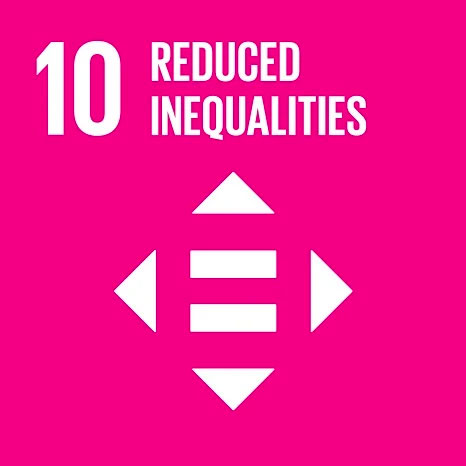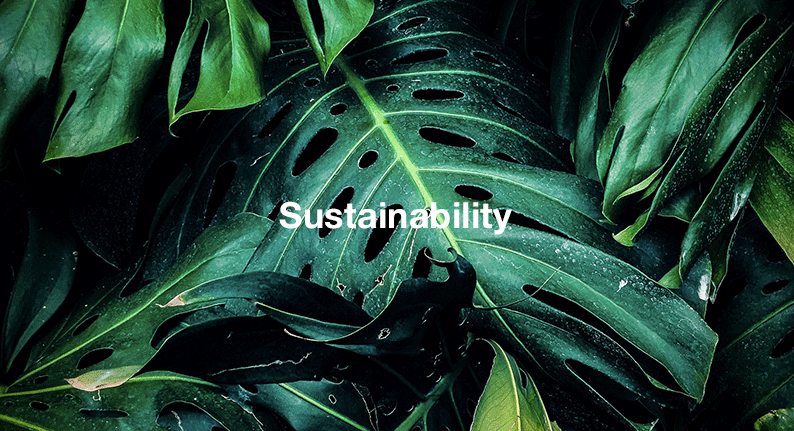Sustainable Development Goals 10: Reduced Inequalities
25 Apr, 2020 12:24 AM / by Quek Leng Chuang

How We Relate to Sustainable Development Goals 10: Reduced Inequalities
This goal addresses inequality amongst people on the globe. There are so many aspects of it: Income inequality, discrimination due to race, skin color and gender, age, etc. But how can Environmental Solutions (Asia) reduce inequality with sustainable recycling operations?
Selection of sub targets addressed by this goal
10.1 By 2030, the income of the bottom 40% of the world population shall be higher than the national average in every country. This sub-target should close the gap and reduce inequality.
10.2 By 2030, all people, regardless of their background, shall be socially, ecologically and politically included. This goal is somewhat more ambiguous and not easy to measure.
10.3 Ensuring equal opportunities for everyone – this seems to be one of the hardest goals as it involves removing many social barriers. Even in the same town, two school children can have very different family backgrounds. An educational system that is free for everyone, as well as a healthcare system and access to information, culture and public spaces for development plays an important part in making this goal come true.
10.6 Moreover, financial policies and regulations are addressed, as well as targets specially directed to the position of developing countries in the world. More developed countries shall give them enhanced representation in international institutions.
Other goals touch upon migration, financial markets and development assistance in order to reduce inequalities especially in least developing countries. Developing countries in total shall get a differential treatment so they can catch up and close the worldwide gap of inequality.
All these procedures largely address social sustainability issues. Economic policies on an international level shall foster lower levels of inequality. However, the recycling sector is not specifically mentioned in this goal. What does all this have to do with our business operations then?
Environmental Solutions (Asia)‘s contribution to SDG 10
Natural mining of base and precious metals usually takes place in least developing countries. Largely, multinational mining corporations mine precious commodities such as cobalt, gold and rhodium and usually take profits out of the countries. This aggravates social inequality there and fails to contribute to an equal development of all people.
When conducting recycling operations, we indirectly have a positive impact on the reduction of inequalities. We decided to conduct our operations in Singapore, not despite but because of the stricter environmental and social standards, that of course also go along with higher costs and higher wages. As we employ 36 workers in our recycling operations, giving them a safe workplace with a decent wage, we enable them to develop themselves and earn enough money for them and their families. Per se, the recycling sector has a huge potential to create more jobs all around the world. With appropriate policies such as safety trainings and protective equipment, this work is less dangerous than work in a mining site and workers can even treat toxic and hazardous waste in a safe way.
The outcome of our recycling operations are sustainably sourced, zero carbon metal concentrates. They show the same quality as metals from natural mining. Companies processing them make the carbon footprint and overall environmental impact of their products smaller. This way, we start a new cycle of a circular economy and enable everyone to live more carbon neutral. A low carbon lifestyle supports the reduction of inequalities, as the backlashes of climate change especially on the poor are most severe. Today, we see most of the consequences of climate change in poor countries such as the Sahel zone, where people do not have enough water to grow their crops and thus suffer low harvest and hunger. Or India, where irregular monsoon rainfalls aggravate harvest problems and endanger existences of rural farmers too.
This shows why it is so important also from a social perspective to act together against climate change and choose an alternative to mining.
As we have carbon emissions even below zero, we sell them as carbon certificates, enabling companies, individuals and NGOs to compensate carbon emissions they still incur. This also contributes to an internalisation of the costs of climate change and supports people in a change towards a more low carbon lifestyle.

Are you interested in contributing to a more equal world with chances for everyone while combating climate change through an alternative to mining? Get in touch with us today.
Topics: Corporate Social Responsbility, Reimagining Sustainability, Sustainability in Singapore
Written by Quek Leng Chuang
LengChuang is a chemical engineer and an expert in carbonomics. He is the founder and owner of Environmental Solutions (Asia) Pte Ltd.
